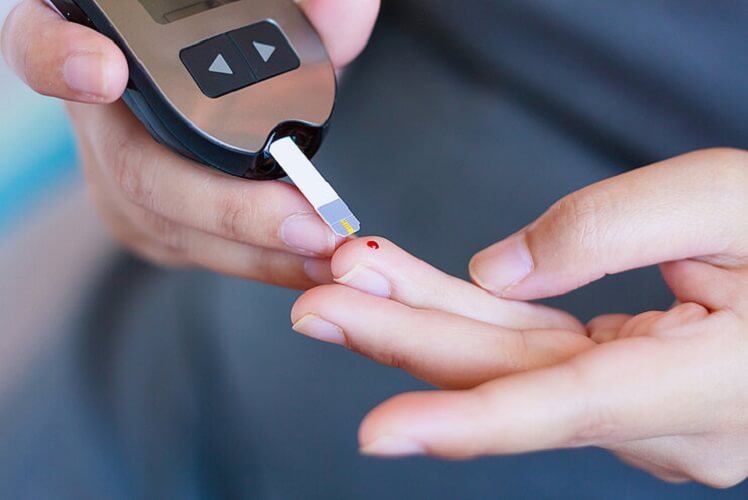Discover effective Ayurvedic treatment for diabetes in this comprehensive guide. Learn about panchakarma therapies, herbs, diet and lifestyle changes to manage blood sugar levels and improve overall health.
Diabetes is a chronic condition that affects how your body processes blood sugar (glucose). There are two main types of diabetes: Type 1 and Type 2. Type 1 is an autoimmune condition where the body does not produce insulin, while Type 2 is largely related to lifestyle factors, where the body becomes resistant to insulin or doesn’t produce enough.
The condition can lead to serious health complications like heart disease, kidney failure, and nerve damage if not managed properly. However, with the right treatment, diabetes can be controlled, and its impact minimized.

Ayurvedic Treatment for Diabetes involves a combination of conventional medicine and holistic treatments. Effective management helps maintain blood sugar levels within a healthy range and prevents complications.
Certain herbs have been known to help in managing diabetes by supporting insulin function and improving blood sugar control. Some commonly recommended herbs include:-
Panchakarma, an ancient Ayurvedic treatment, focuses on detoxification and rejuvenation. For individuals with diabetes, Panchakarma therapies aim to balance the body’s doshas (energies) and remove toxins, which may improve metabolic function. Some popular Panchakarma therapies beneficial for diabetes management include:-
These treatments should be done under the supervision of a qualified Ayurvedic practitioner.
Yoga is an excellent practice for managing diabetes, as it promotes overall wellness and helps maintain a healthy weight, which is crucial for blood sugar control. Some beneficial yoga asanas for diabetes management include:-
A consistent yoga practice can help manage stress and improve insulin sensitivity, both of which are important for diabetes management.
Diet plays a pivotal role in managing diabetes. It is essential to choose foods that help maintain blood sugar levels and avoid those that spike glucose levels.
A balanced, whole-foods-based diet, rich in fiber and low in simple sugars, is key to managing diabetes effectively.
Beyond diet and herbal treatments, adopting a healthy lifestyle is essential for managing diabetes. Some important lifestyle tips include:-
Diabetes is a manageable condition that requires a comprehensive approach combining conventional medicine with natural remedies, dietary changes, exercise, and lifestyle adjustments. By incorporating herbs, Panchakarma treatments, yoga, a balanced diet, and healthy habits, individuals can control their blood sugar levels and lead a healthy, active life. However, it is essential to Always consult with a healthcare provider to ensure proper management and avoid complications.
We focus on treating the root cause of illness, not just the symptoms. By addressing the imbalances in your Doshas at their source, we help you achieve lasting wellness and long-term results.
Book Appointment Now
